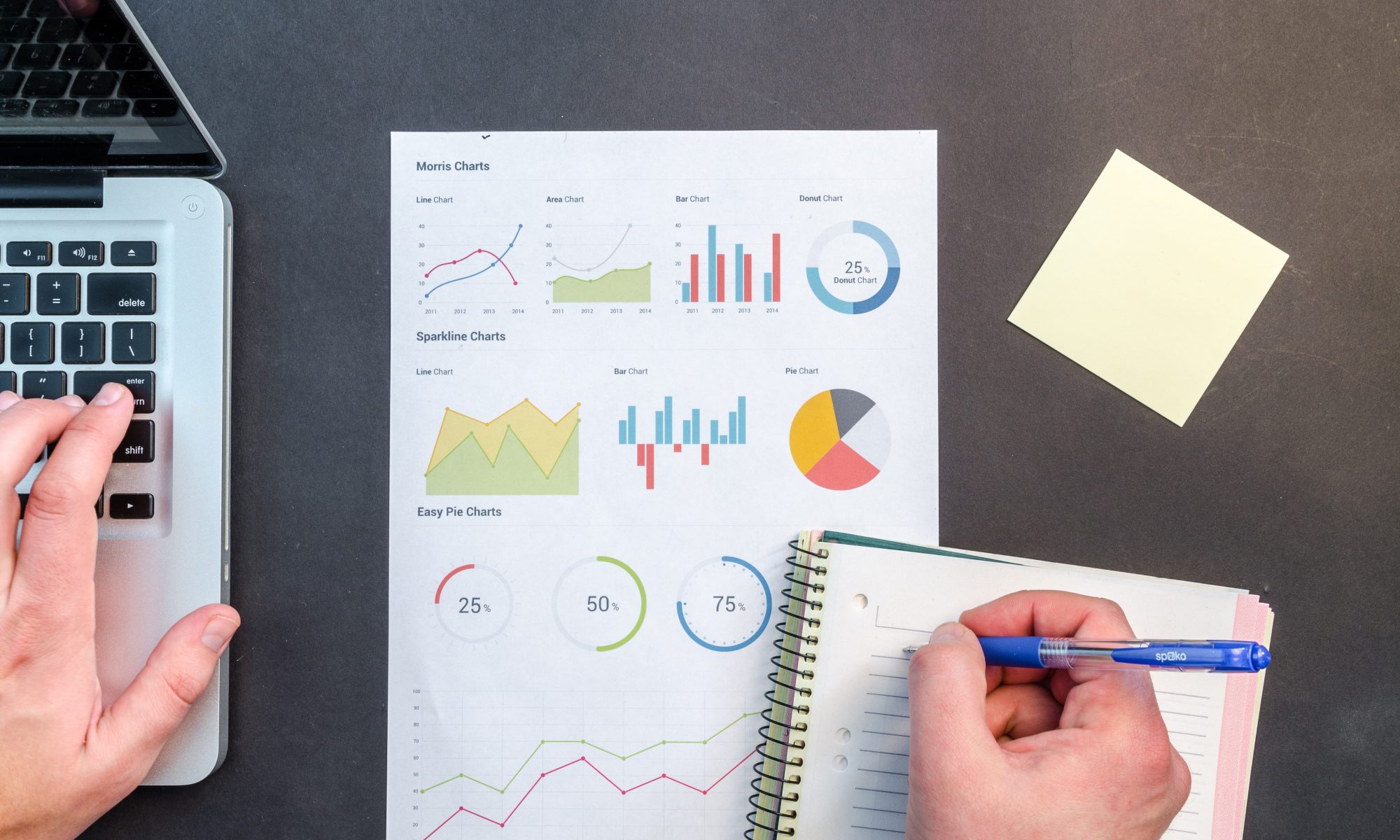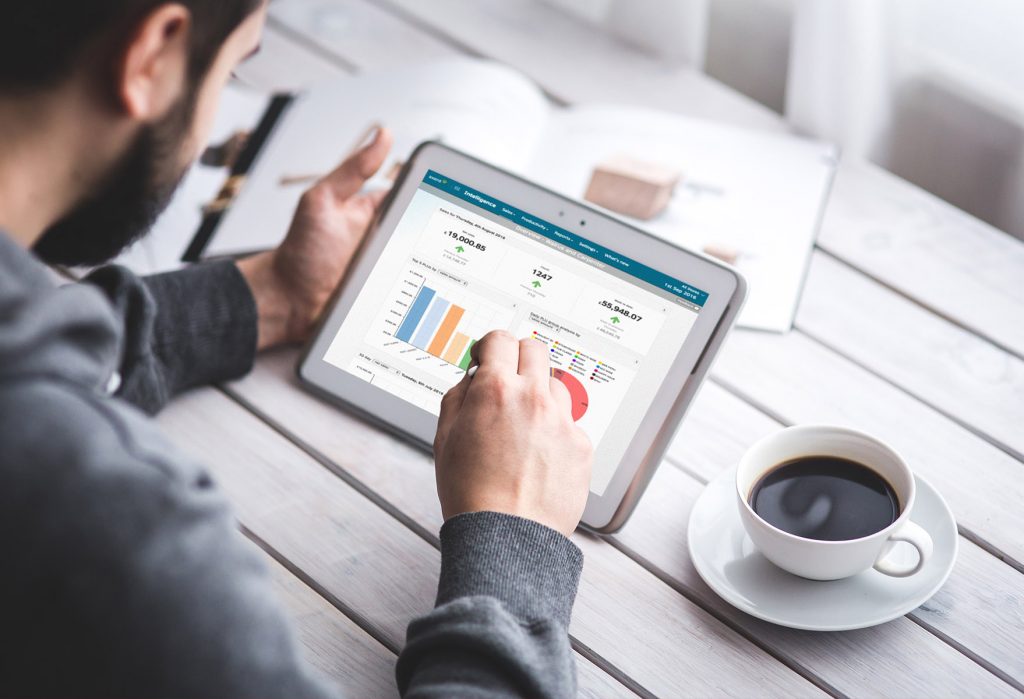Business intelligence (BI) is an incredibly powerful and useful tool for restaurant owners, even more so if you manage multiple sites at once. Integrating a BI solution with a good EPOS system is essential for those wishing to succeed. The insights garnered from a single software platform hosted in a centralised database can assist restaurant owners and managers in better understanding their business, their employees, and their customers. Knowing exactly what is going on at any one time, from any location in the world, can help you make informed decisions and ensure you’re always maximising efficiency and boosting productivity and sales.
Here are just a few insights that BI can give you about your business:
Sales data
From the most lucrative time of day, week, month or year, to your most sold meal – sales data can give valuable insights into which of your marketing efforts are succeeding, what your customers most desire and means you can ensure popular items are readily available across locations. If you know peak selling times and your demand for a product, you can enhance your operations, keeping customers happy and improving customer service.
Employee productivity
Knowing which employees are more productive than others allows you to identify your best team members so you can optimise teams and ensure you have the most productive employees working together at the most profitable selling times. Having an idea about how your employees work together makes employee scheduling easier and knowing how many people to have on at any one time reduces unnecessary labour costs.
Stock control
Keeping an eye on your inventory lets you know when you need to reorder items, what’s been popular, what hasn’t, and could indicate if employees are helping themselves to a free lunch.
Integrated with tablet ordering and Kitchen Display Systems, stock control modules also allow you to alert staff immediately of any out of stock items, reducing the number of unhappy customers and awkward apologies after orders have been placed.
Spot trends and possible fraudulent activity
BI is tremendous at showing you certain trends and patterns in your restaurant data. For example, it can alert you to discrepancies in stock or unusual transactions (such as a large number of voids) that may highlight fraudulent activity or indicate that further staff training is needed. This allows you to rectify any issues right away so you can always be at your most profitable. Tracking employee IDs for certain transactions and using CCTV drilldown means no one is falsely accused and you can rectify any issues before they have a large impact on your organisation.
Business intelligence gives a detailed and in-depth view of your whole business, across stores, locations and brands. It’s important you know how your business is performing so you can make better decisions about where you should pay most of your attention to. Tracking business activity means you can always be aware of any issues and resolve them immediately and it also means you can view and celebrate your ongoing success!
If you’d like to know more about how business intelligence can help your business, get in touch on hospitality@pxtech.com.





